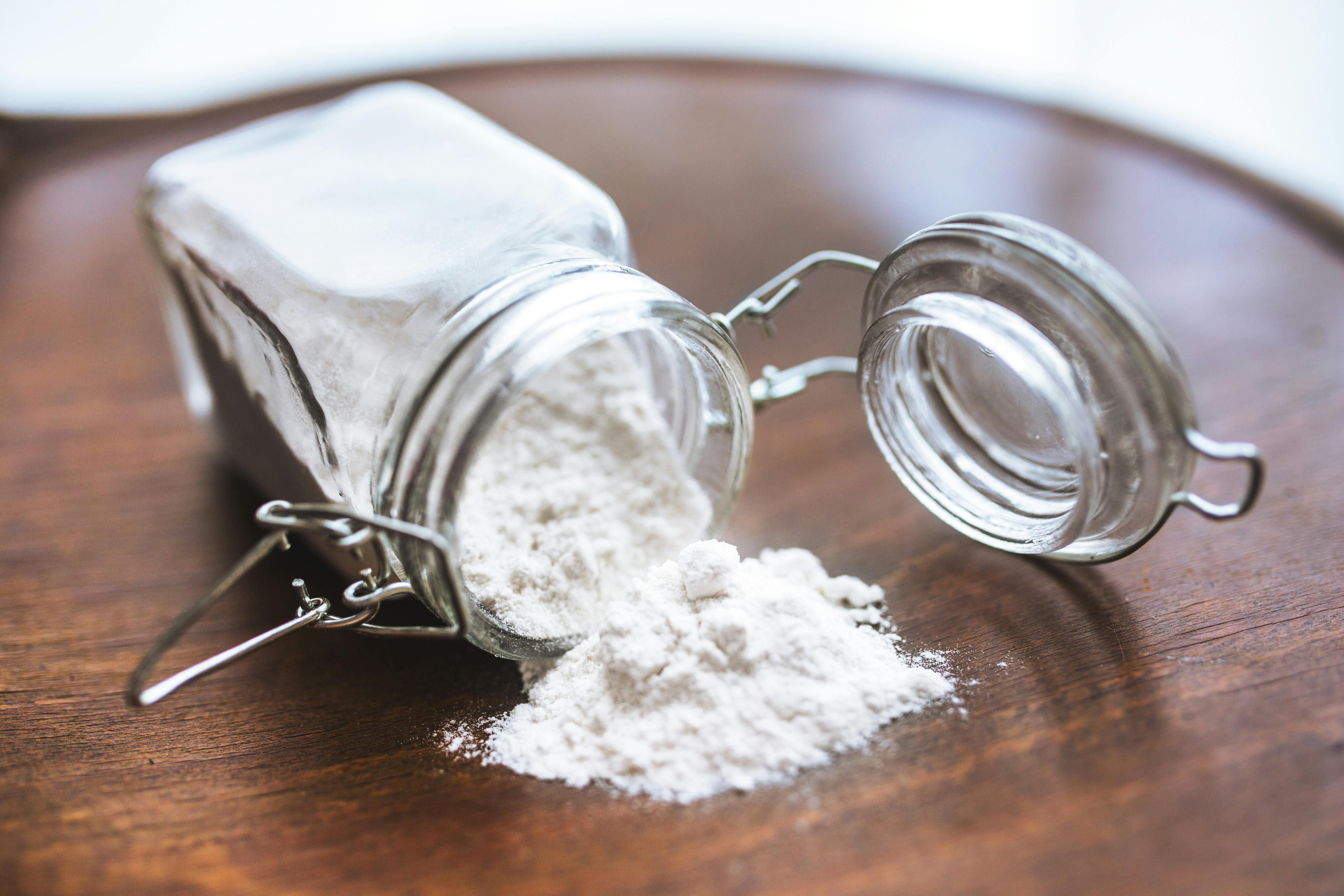
A dose of baking soda in water signals the spleen to produce anti-inflammatory immune cells. This may help reduce swelling.
A half teaspoon of baking soda in water is a time-honored simple home remedy for indigestion. Many people with occasional heartburn find that this inexpensive approach works well. We have also heard from readers who use baking soda topically to ease the pain of insect stings. Others report that it can offer relief from the relentless itch of chigger bites. We were surprised, however, to hear that a reader finds baking soda helps fight ankle swelling.
How Does Baking Soda in Water Help Swelling?
Q. How long should one take a solution of half a teaspoon baking soda in a glass of water? It does reduce the swelling in my ankles.
A. Usually we recommend that baking soda be taken only occasionally, as needed for heartburn. Chronic heartburn deserves professional medical attention.
We were surprised that you find baking soda reduces swelling. Because it contains sodium (it is sodium bicarbonate), we have been concerned that baking soda in water could increase fluid retention.
Study Finds Sodium Bicarbonate Lowers Inflammation:
As a result of your letter, we looked for studies. Researchers have found that sodium bicarbonate can reduce inflammation (Journal of Immunology, May 15, 2018). Both rats and humans produced fewer inflammatory cells after a dose of baking soda in water. Perhaps that helps explain why you have less swelling.
However, to address your question of how long you could take it, we checked with the lead scientist on the study. He counseled against taking this solution daily until we have more research on its safety and effectiveness. More recent research in animals suggests that sodium bicarbonate stimulates cholinergic signals that reduce inflammatory immune cells. When animals have fewer such cells, they are less likely to have salt-sensitive hypertension (American Journal of Physiology. Renal Physiology, March 1, 2020). In summary, though, we don’t know whether humans react in the same way.
Citations:
- Ray SC et al, "Oral NaHCO 3 activates a splenic anti-inflammatory pathway: Evidence that cholinergic signals are transmitted via mesothelial cells." Journal of Immunology, May 15, 2018. DOI: 10.4049/jimmunol.1701605
- Fehrenbach DJ & Mattson DL, "Inflammatory macrophages in the kidney contribute to salt-sensitive hypertension." American Journal of Physiology. Renal Physiology, March 1, 2020. DOI: 10.1152/ajprenal.00454.2019
Important Notice: This article was originally published at www.peoplespharmacy.com by Terry Graedon where all credits are due.
Disclaimer
The watching, interacting, and participation of any kind with anything on this page does not constitute or initiate a doctor-patient relationship with Veripeudic.com. None of the statements here have been evaluated by the Food and Drug Administration (FDA). The products of Veripeudic.com are not intended to diagnose, treat, cure, or prevent any disease. The information being provided should only be considered for education and entertainment purposes only. If you feel that anything you see or hear may be of value to you on this page or on any other medium of any kind associated with, showing, or quoting anything relating to Veripeudic.com in any way at any time, you are encouraged to and agree to consult with a licensed healthcare professional in your area to discuss it. If you feel that you’re having a healthcare emergency, seek medical attention immediately. The views expressed here are simply either the views and opinions of Veripeudic.com or others appearing and are protected under the first amendment.
Veripeudic.com promotes evidence-based natural approaches to health, which means integrating her individual scientific and clinical expertise with the best available external clinical evidence from systematic research. By individual clinical expertise, I refer to the proficiency and judgment that individual clinicians acquire through clinical experience and clinical practice.
Veripeudic.com does not make any representation or warranties with respect to the accuracy, applicability, fitness, or completeness of any multimedia content provided. Veripeudic.com does not warrant the performance, effectiveness, or applicability of any sites listed, linked, or referenced to, in, or by any multimedia content.
To be clear, the multimedia content is not intended to be a substitute for professional medical advice, diagnosis, or treatment. Always seek the advice of your physician or other qualified health providers with any questions you may have regarding a medical condition. Never disregard professional medical advice or delay in seeking it because of something you have read or seen in any website, video, image, or media of any kind. Veripeudic.com hereby disclaims any and all liability to any party for any direct, indirect, implied, punitive, special, incidental, or other consequential damages arising directly or indirectly from any use of the content, which is provided as is, and without warranties.

